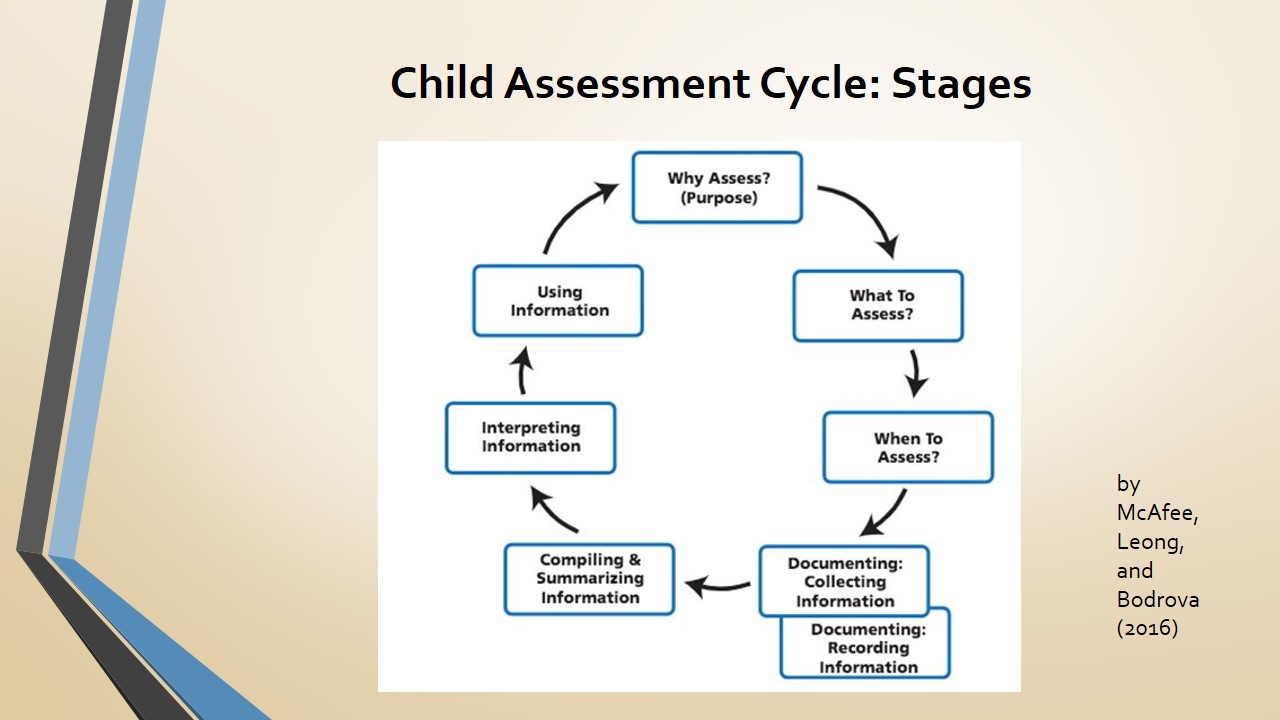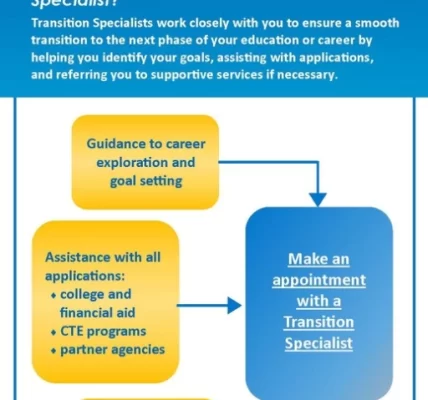“Assessing Progress: Effective Evaluation Techniques in Preschool Education” delves into the crucial role of assessment in the preschool setting, exploring techniques that foster holistic development while ensuring a supportive and enriching learning environment for young children. This article highlights the importance of age-appropriate evaluation methods and the positive impact they have on shaping early childhood education.
1. **Observational Assessments:**
Observation is a key tool for assessing young children in preschool. This section discusses the significance of systematic observations, emphasizing how educators can keenly observe children’s behavior, interactions, and engagement to gain insights into their cognitive, social, and emotional development.
2. **Portfolio Assessment:**
Portfolios serve as comprehensive snapshots of a child’s progress over time. Explore how educators compile portfolios with samples of a child’s work, art projects, and developmental milestones, providing a multifaceted view of each child’s learning journey and individual strengths.
3. **Play-Based Assessments:**
Play is a natural and essential aspect of early childhood. This section examines how play-based assessments allow educators to gauge a child’s cognitive, social, and emotional development in the context of activities that are both enjoyable and educational.
4. **Developmental Checklists:**
Developmental checklists provide a structured framework for evaluating children’s progress across various domains. The article explores how checklists, which outline age-appropriate milestones, assist educators in tracking developmental progress and identifying areas that may require additional support.
5. **Parent-Teacher Conferences:**
Establishing strong communication channels with parents is vital for a comprehensive assessment. Learn how parent-teacher conferences offer a platform for sharing observations, discussing a child’s progress, and collaboratively setting goals that align with the child’s developmental needs.
6. **Assessment Through Play-Based Activities:**
This section highlights how incorporating assessment into play-based activities ensures a seamless integration of evaluation into the daily routine. Educators can use games, puzzles, and creative projects to gauge children’s understanding, problem-solving skills, and creativity.
7. **Language and Communication Assessment:**
Effective communication is a key developmental milestone. Explore techniques for assessing language acquisition and communication skills in preschoolers, emphasizing the importance of creating an inclusive and supportive environment for diverse language learners.
8. **Assessing Social-Emotional Development:**
Social-emotional development is integral to a child’s overall well-being. The article discusses assessment techniques that focus on emotional regulation, social interactions, and the development of empathy, laying the foundation for positive relationships and emotional intelligence.
9. **Flexible and Responsive Assessment Practices:**
Recognizing the individuality of each child, this section underscores the importance of flexible assessment practices that adapt to the unique needs and strengths of each preschooler. Educators can employ responsive assessment strategies that cater to the evolving nature of early childhood development.
Conclusion:
“Assessing Progress: Effective Evaluation Techniques in Preschool Education” underscores the significance of thoughtful and age-appropriate assessment methods in shaping the educational experiences of young children. By embracing a holistic approach that considers various aspects of a child’s development, educators can create a nurturing environment that supports each child’s growth and lays the foundation for a lifelong love of learning.













